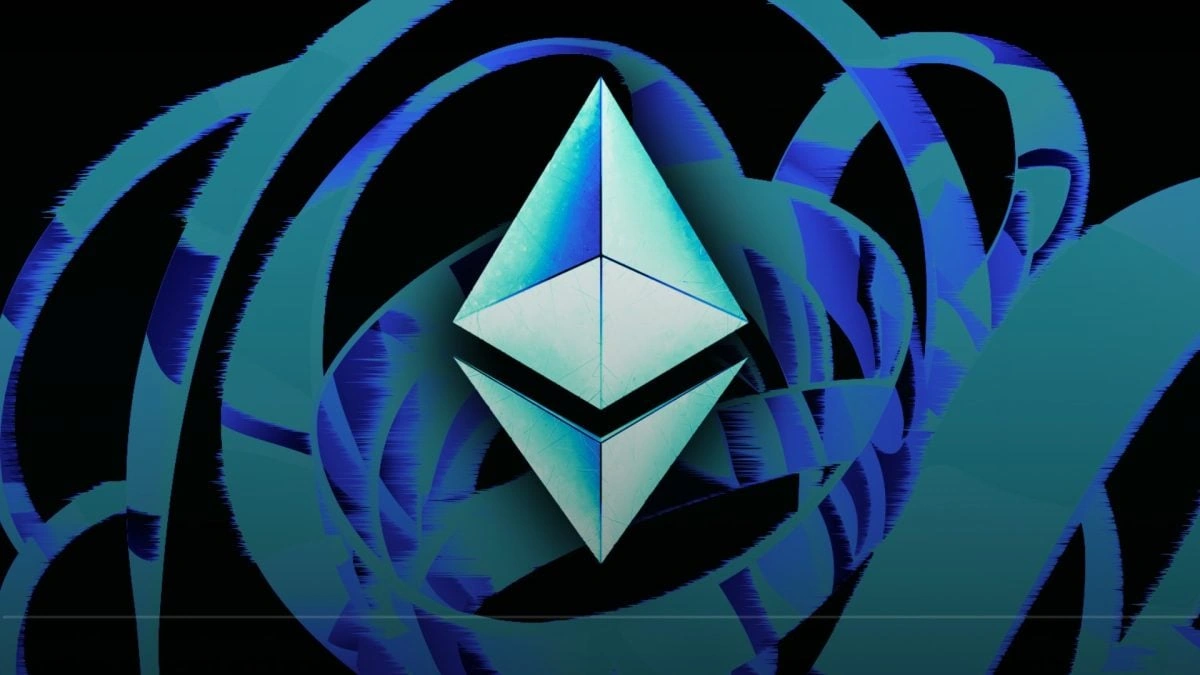Okay, let’s talk ETH . I know, I know – your eyes might glaze over at the mention of cryptocurrency. But stick with me here. This isn’t just about digital money; it’s about a fundamental shift in how the internet works. What fascinates me is how Ethereum , the platform that ETH fuels, is trying to build a new kind of internet.
ETH | The Fuel for a Decentralized World

At its core, ETH is the cryptocurrency that powers the Ethereum network. Think of it as the gasoline for a car – without it, the engine (Ethereum) doesn’t run. Ethereum, unlike Bitcoin which is primarily a digital currency, is a platform for building decentralized applications (dApps) . These applications aren’t controlled by a single entity like Google or Facebook, but instead, run on a network of computers, making them resistant to censorship and single points of failure.
But why does this matter to you? Well, imagine a world where your data isn’t stored on centralized servers, vulnerable to hacks and misuse. Imagine owning your digital identity and controlling who has access to your information. That’s the promise of Ethereum and the reason why ETH is so important.
The “Why” Behind Ethereum’s Rise | A New Kind of Trust
Here’s the thing: the internet as we know it relies on trust. We trust Facebook to protect our data (questionable, I know), we trust banks to manage our money. Ethereum aims to replace that trust with cryptography and code. This is enabled by smart contracts – self-executing agreements written into the blockchain. They automatically enforce the terms of a contract when the conditions are met, eliminating the need for intermediaries. But what does that mean for the real world?
Well, consider supply chain management. Imagine tracking a product from its origin to your doorstep, with every step recorded on the blockchain. This creates an immutable record, making it nearly impossible to counterfeit or tamper with goods. Or think about voting systems. Using Ethereum, we could create a secure and transparent voting system that’s resistant to fraud. These are just a few examples of how ETH and Ethereum can revolutionize industries and solve real-world problems.
And here’s the kicker: This isn’t just some futuristic pipe dream. Many companies are already experimenting with Ethereum and blockchain technology. From JP Morgan to Microsoft, big players are exploring the potential of decentralized applications.
Navigating the ETH Landscape | Potential Pitfalls
Let’s be honest, the world of ETH and cryptocurrencies can be confusing and risky. The price of ETH is notoriously volatile, subject to wild swings based on market sentiment and news events. It’s important to remember that investing in ETH is highly speculative, and you should only invest what you can afford to lose. But don’t let the risks scare you away completely. Like any emerging technology, it’s important to understand the potential and the challenges.
A common mistake I see people make is getting caught up in the hype and investing without doing their research. Before you invest in ETH, take the time to understand the underlying technology, the risks involved, and the potential rewards. Read white papers, follow industry experts, and stay informed about the latest developments. As per expert analysis, the ETH market can be unpredictable, therefore extra caution should be taken.
Furthermore, security is paramount. If you’re holding ETH, you need to protect your private keys – the digital keys that allow you to access your funds. Store your keys in a secure wallet, use strong passwords, and be wary of phishing scams. One should remember that the market capitalization of digital assets is high.
The Future of ETH | Beyond Cryptocurrency
What fascinates me most is that ETH isn’t just about cryptocurrency. It’s about building a new infrastructure for the internet. It’s about empowering individuals, fostering innovation, and creating a more transparent and equitable world.
The Ethereum ecosystem is constantly evolving, with new projects and applications emerging every day. From decentralized finance (DeFi) to non-fungible tokens (NFTs), Ethereum is at the forefront of innovation. The ETH price is an indicator of the health of the system.
While the future of ETH is uncertain, one thing is clear: it has the potential to transform the world in profound ways. So, the next time you hear about ETH, don’t just dismiss it as another cryptocurrency fad. Think about the underlying technology, the potential applications, and the broader vision of a decentralized future.
FAQ | Your ETH Questions Answered
Frequently Asked Questions About ETH
What exactly is Ethereum?
Ethereum is a decentralized platform for building and running applications, powered by the ETH cryptocurrency.
How do I buy ETH?
You can purchase ETH on various cryptocurrency exchanges like Coinbase, Kraken, or Binance.
Is ETH a good investment?
Investing in ETH is risky and speculative. Do your research and only invest what you can afford to lose.
What are dApps?
dApps are decentralized applications that run on the Ethereum network, resistant to censorship and single points of failure.
How secure is the Ethereum network?
Ethereum uses cryptography to secure transactions and data, but users still need to take precautions to protect their private keys.
What are the use cases of ETH?
ETH has several use cases like supply chain management, voting systems, and more, that eliminate intermediaries.
So, there you have it – a glimpse into the world of ETH. It’s a complex and rapidly evolving space, but one that’s worth paying attention to. Whether you’re a seasoned investor or just curious about the future of the internet, ETH and Ethereum are forces to be reckoned with. The increasing popularity of Ethereum blockchain shows the importance of ETH.




